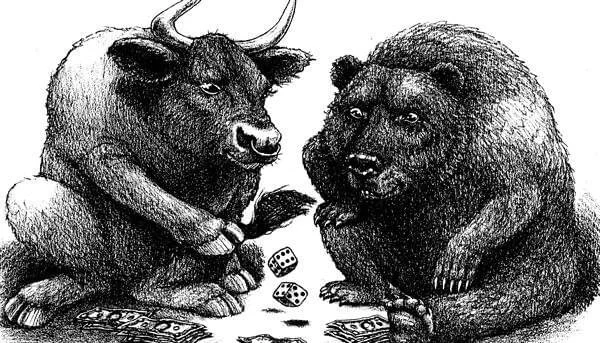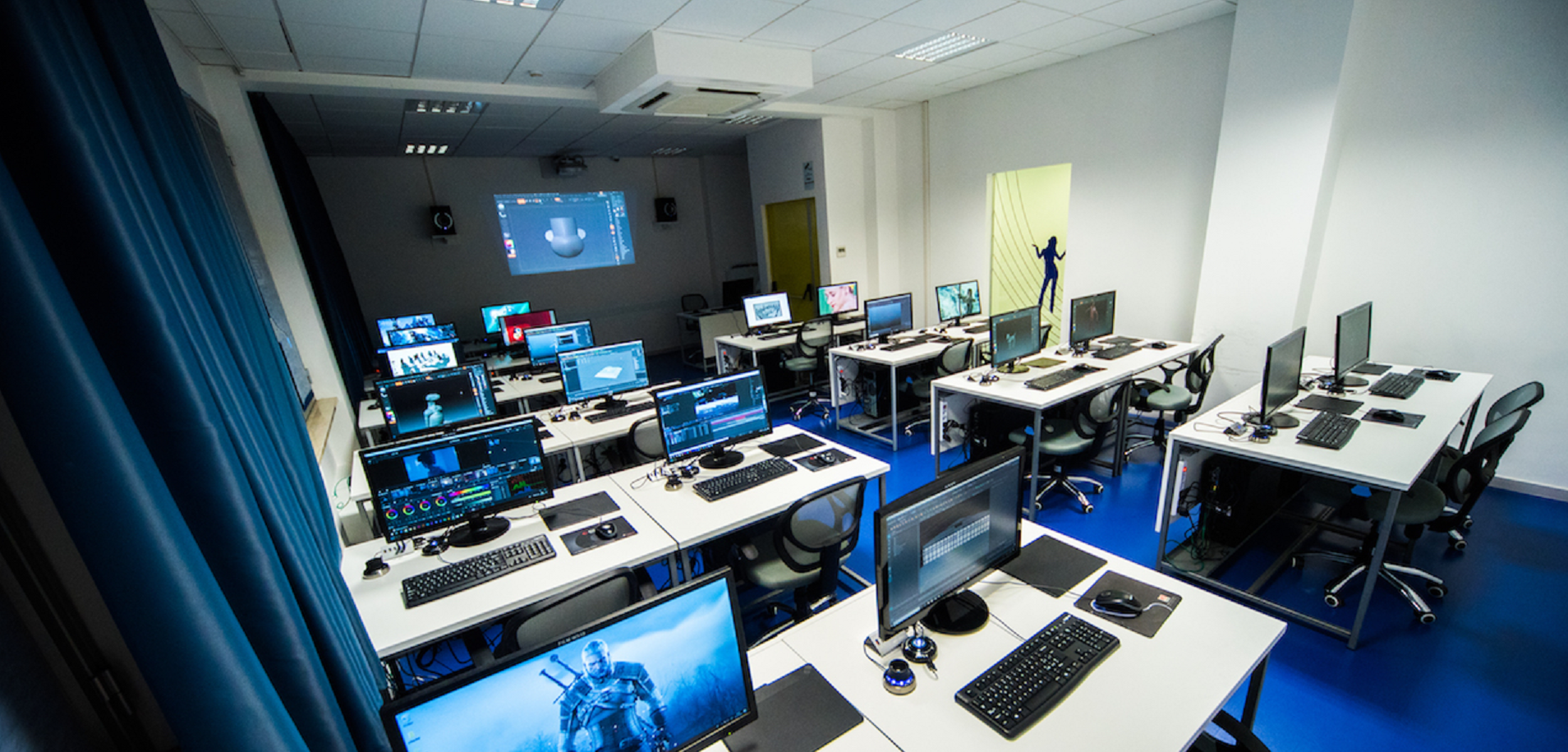Forex Fundamentals Training
The world’s most exclusive FOREX Training Institute spearheaded by Distinguished Traders and Entrepreneurs who are committed to the Quality, Excellence and Effective Instruction of Future Traders.
Our online FOREX Training Institute has established a formidable reputation for ensuring that every one of our graduates is taught how to use easy-to-understand Fundamental Trading Strategies to profit and safely grow their capital consistently and on a regular basis.
Your skills will transition from Beginner to Expert in the shortest time, as you quickly learn and master the following fundamental skill sets, and then much more:
-

Having an in-depth understanding of the Foreign Exchange is a fundamental step to becoming a master trader. Day-traders who understand how currency values are determined and the factors that can impact exchange rates are in a better position to develop strategies and profit from these market fluctuations. In addition, successful traders also have a strong grasp of risk management, using online trading platforms, and money management. During a virtual face-to-face Forex course, students gain hands-on experience working on these subjects under the guidance of a teacher – an impossible level of instruction for online, self-paced courses.
-

All successful traders have similar mindsets: they understand that trading is not a sprint but a marathon and expect success while welcoming failure as a learning opportunity. Developing the trader’s mindset is critical when preparing for a career in Forex trading. Forex courses also discuss and explain the importance of strategy, where students are often given several proven strategies to experiment with. For example, in Learn to IFETA's Forex Course, beginners learn how to use four low-risk and profitable trading strategies. Armed with these strategies, students can actually begin to trade live in the markets after the very first month, supported by the teacher. In most online learning, students have to determine how to use strategies on their own without the immersive training environment and with little instruction.
-

Traders in face-to-face courses get hands-on experience using real trading platforms. Supervised trading experiences are invaluable for novice traders, but not all offer the same benefits. Live trading is often done under the guidance of an expert trader so students can ask questions, learn how to set-up trades for profit, and manage risk in an actual trading environment. Simulated trading, often the only offering in online courses, is more difficult to translate into real-world scenarios as students must learn to make sense of it on their own.
-

Although day-trading is an individual pursuit, it’s still important that traders have a strong network of colleagues. Why? Beginners who surround themselves with experienced professionals and novice Forex traders have more access to knowledge and expertise, so are more likely to be successful. With an enhanced network, the trader has list of contacts who they can seek advice from, and discuss analysis and strategy with.
-
Beginner Forex traders often experience problems when they start out, but the cause of these issues is difficult to diagnose without another trader watching over the transactions. During a face-to-face course, students often have the opportunity to be mentored by an expert Forex trader. This is an invaluable experience for students, as mentors can help spot issues, and workshops can offer career development advice. Forex courses are not only designed to offer students the tools and fundamentals they need to succeed as traders; they provide hands-on experience using real-life, proven trading strategies. Students develop a network of peers, and can ask advice from real professionals.
-